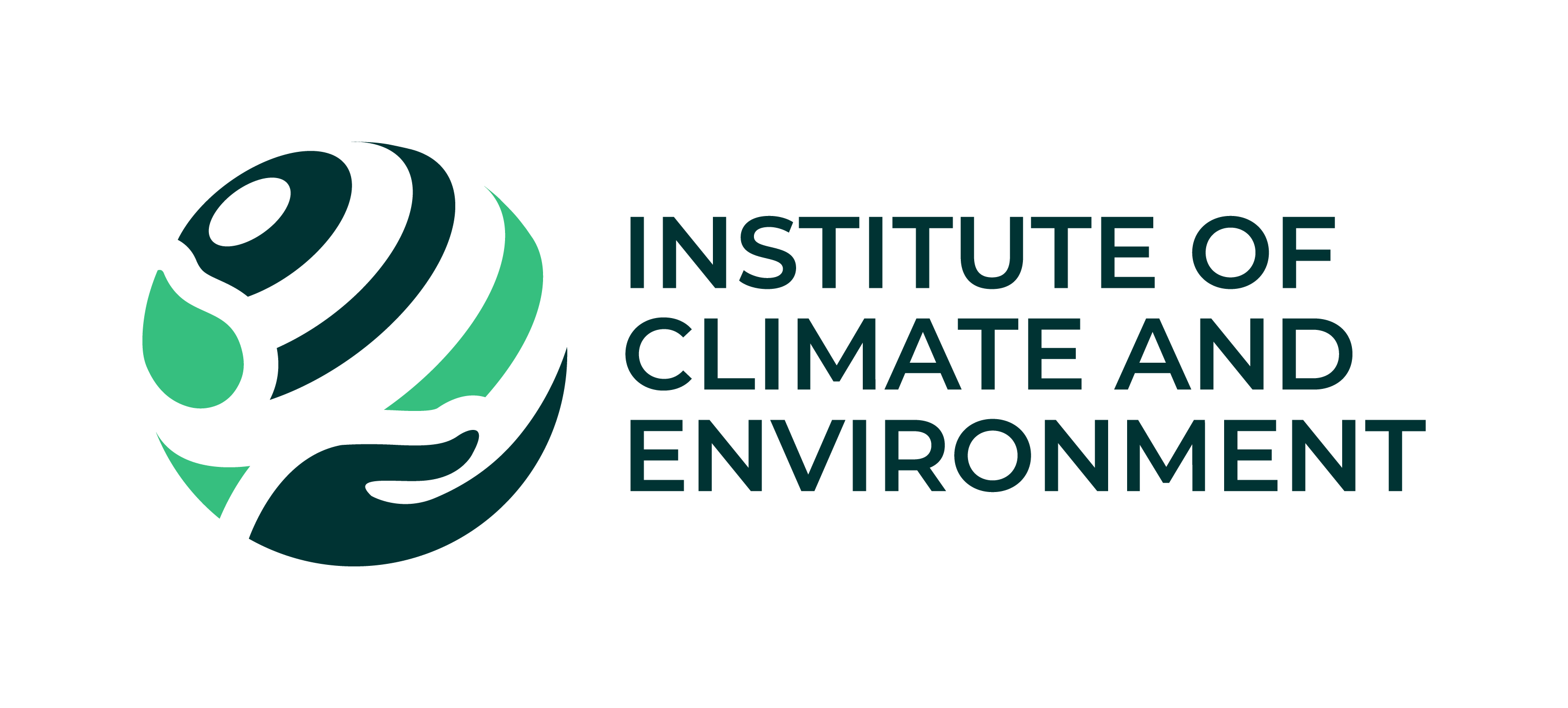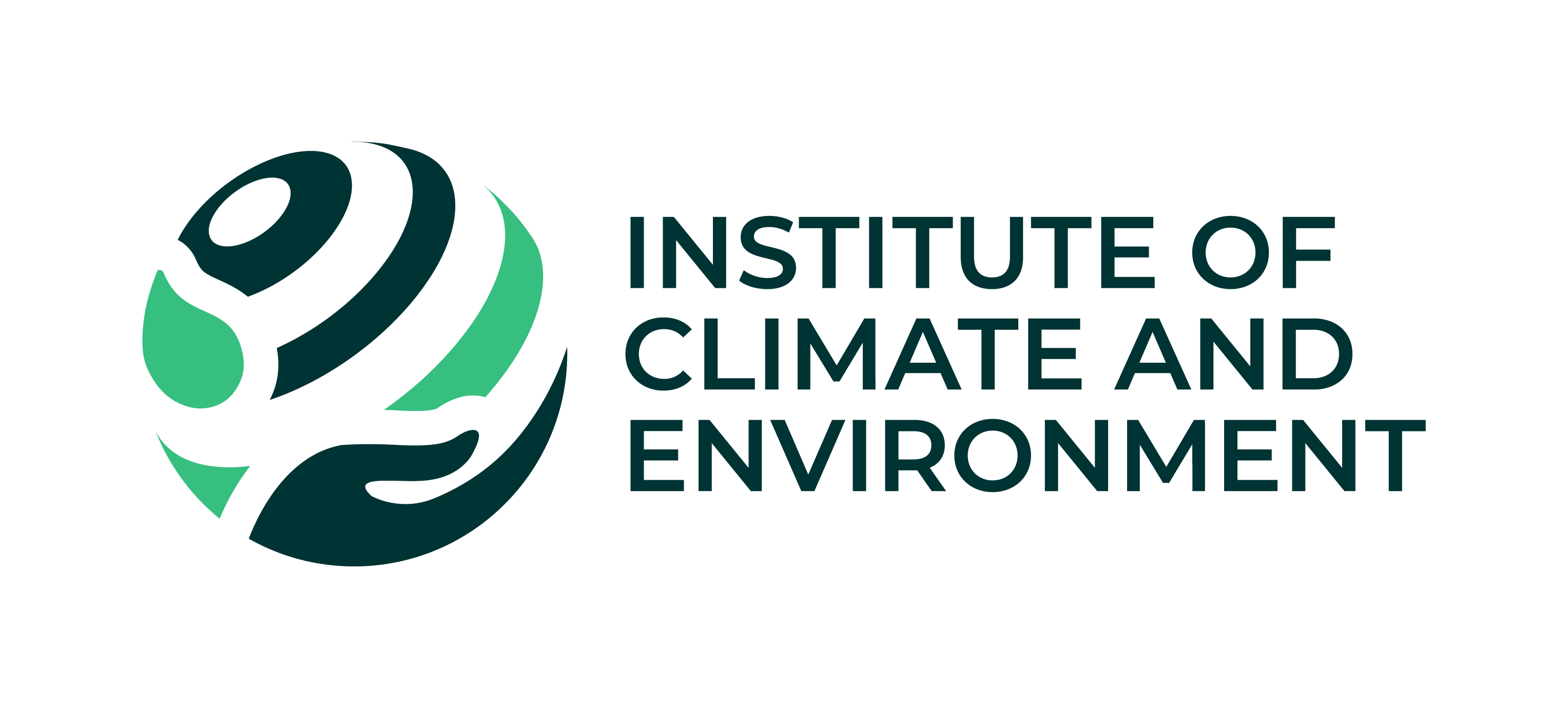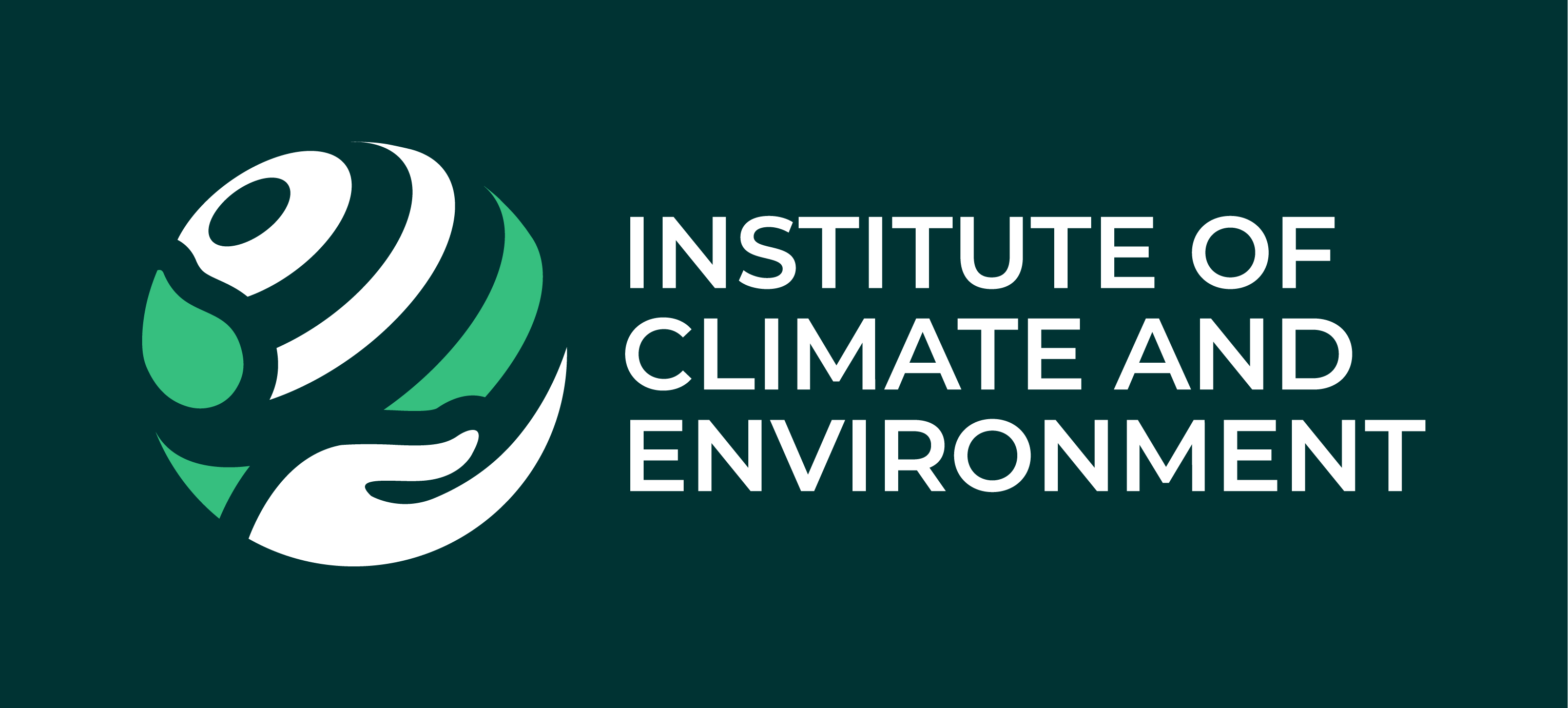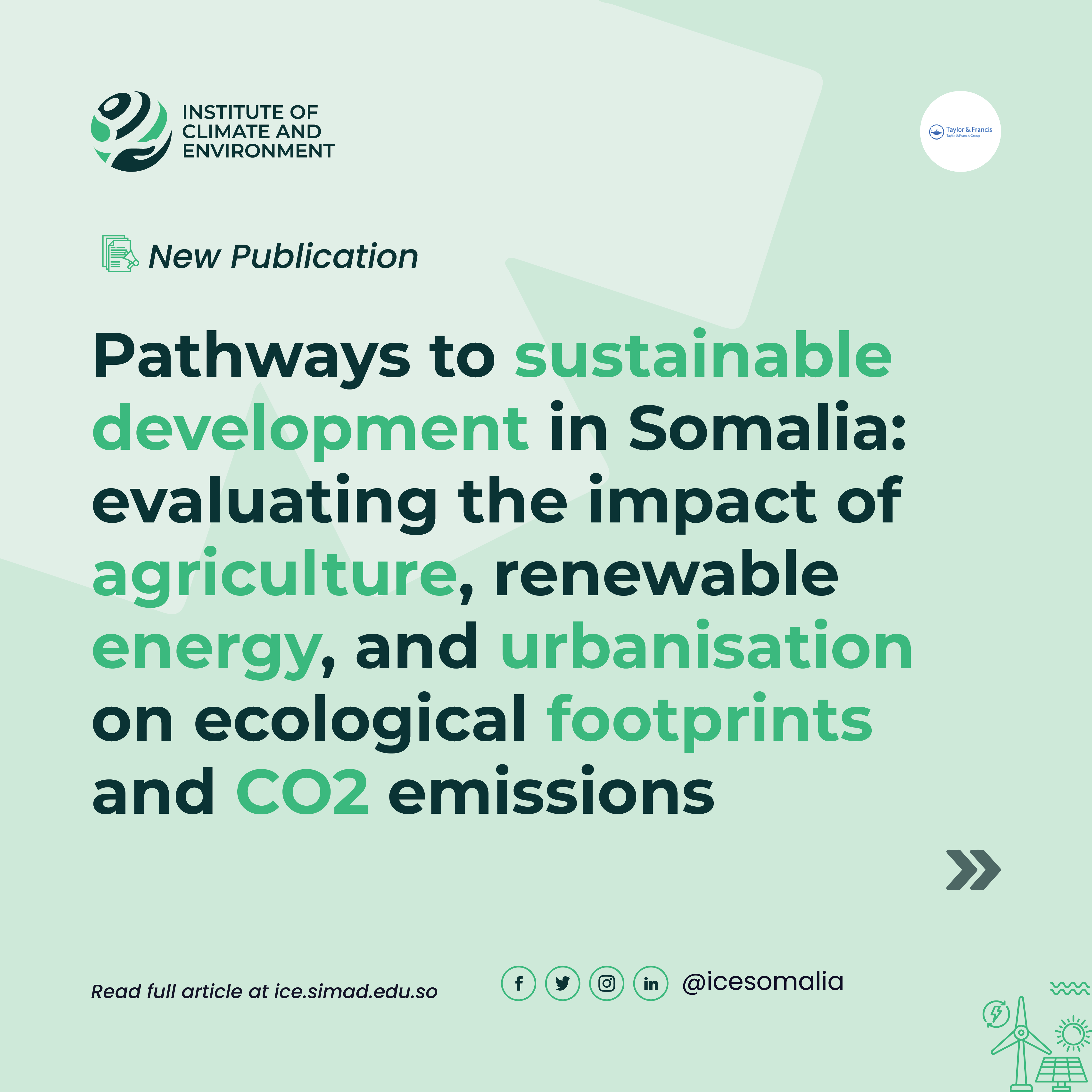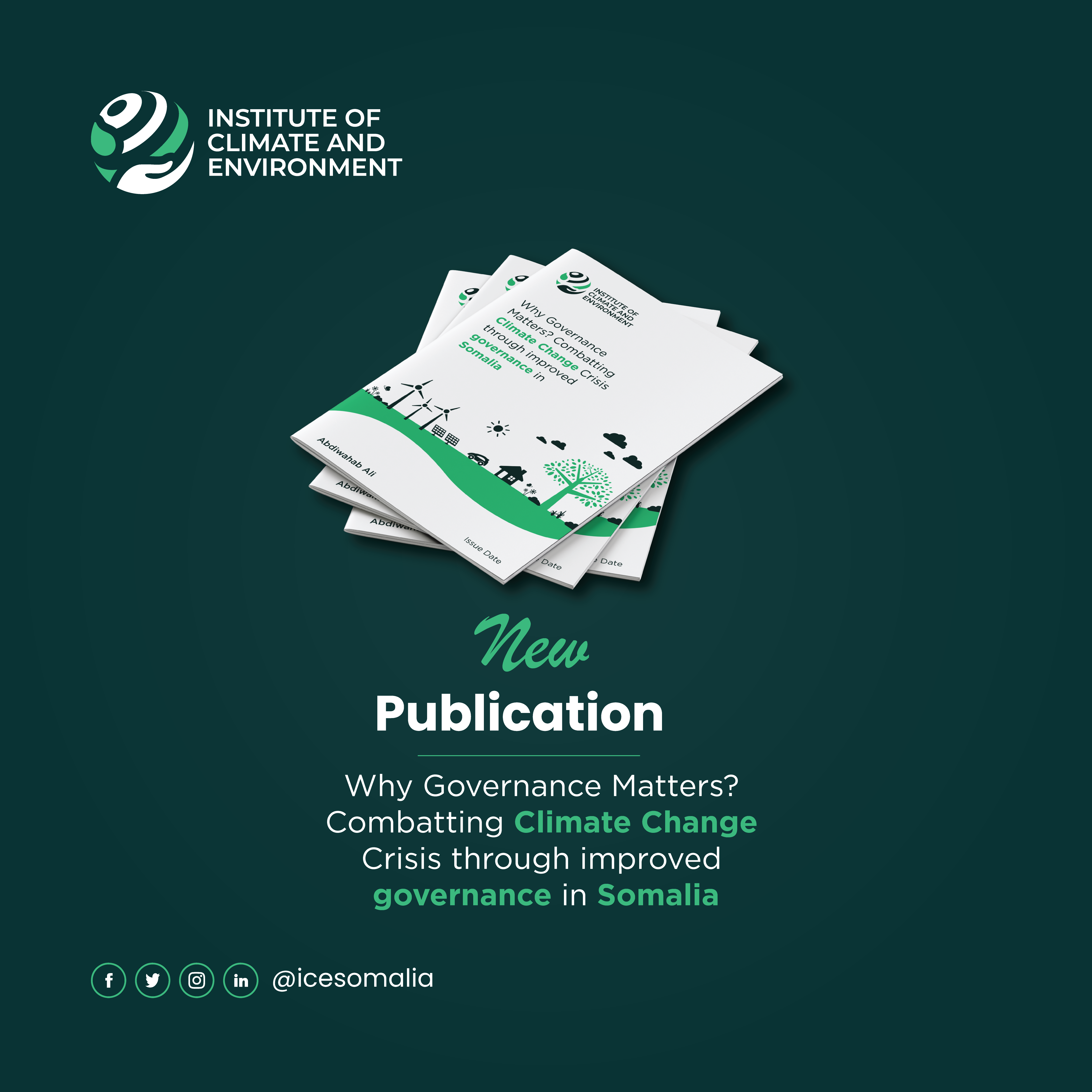
Why Governance Matters? Combatting Climate Change Crisis through improved governance in Somalia
The policy paper titled “Combatting Climate Change Crisis through improved governance, in Somalia” by Abdiwahab Ali addresses the critical role of governance in mitigating the effects of climate change in Somalia. The paper explores the links between climate change and governance in Somalia’s complex context, focusing on legislative and policy frameworks, institutional arrangements, and inter-governmental coordination.
Somalia, after a prolonged period of conflict, has embarked on a path towards recovery and development. However, the country faces severe climate change challenges, including floods, droughts, deforestation, and desertification. As a nation heavily reliant on natural resources, climate change poses significant risks to Somalia’s economy, potentially exacerbating poverty and food insecurity.
In response to these challenges, the Somali government has taken steps to address climate change through the National Climate Change Policy (NCCP), formulated in August 2020. The NCCP envisions a prosperous and climate-resilient economy achieved through effective adaptation and mitigation measures. However, implementing this vision requires robust climate change governance mechanisms.
The paper identifies several key challenges in climate change governance in Somalia. Limited institutional capacities and capabilities, inadequate expertise and employees in environmental institutions, and poor alignment of state-level policies with federal policies hinder effective climate action. Additionally, weak decentralization and limited involvement of local governments, resource competition within climate institutions, and inadequate coordination among climate change actors further exacerbate the challenges.
Political and structural issues also contribute to the governance challenges. Historical tensions between the Federal Government of Somalia (FGS) and Federal Member States (FMS) and the absence of a nationally agreed political and legal framework on Inter-governmental Relations (IGR) hinder collective action. Ineffective communication mechanisms, lack of ownership, and overlapping responsibilities among key ministries add to the complexity of the situation.
To strengthen climate governance in Somalia, the paper recommends a “whole-of-governance approach” that builds upon previous efforts and capitalizes on the positive momentum provided by the newly established Ministry of Environment and Climate Change (MoECC). This approach involves reviewing existing legislative and institutional arrangements, enhancing coordination and trust among government bodies, and aligning climate governance issues with ongoing reforms.
The paper emphasizes the importance of effective climate governance to achieve the goals outlined in the NCCP and meet international commitments like the Paris Agreement. A transparent and stakeholder-driven prioritization process, sector-specific assessments, and information management are identified as critical functions for government institutions to implement adaptation plans and policies successfully.
In conclusion, the policy paper highlights that governance matters significantly in combatting the climate change crisis in Somalia. Strengthening climate change governance at national and subnational levels is vital to build resilience, protecting natural resources, and securing a sustainable future for the nation. By addressing the identified challenges and adopting a coordinated approach, Somalia can better tackle the adverse impacts of climate change and work towards a climate-resilient economy.
Download the full Policy Brief Document from Here
